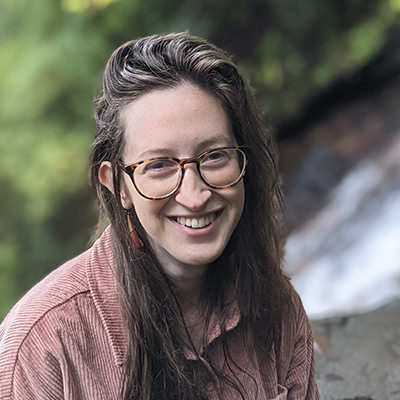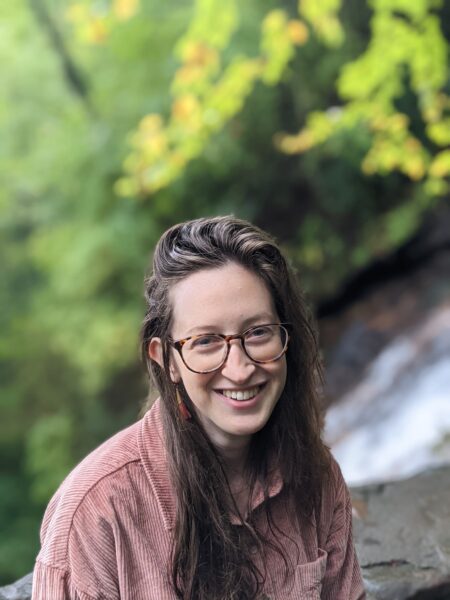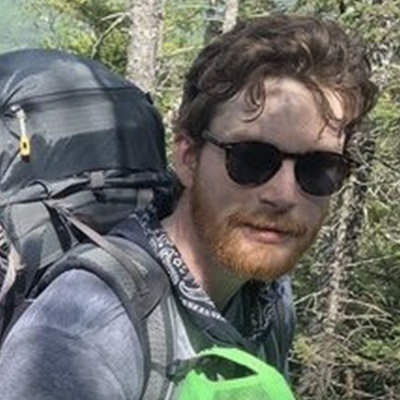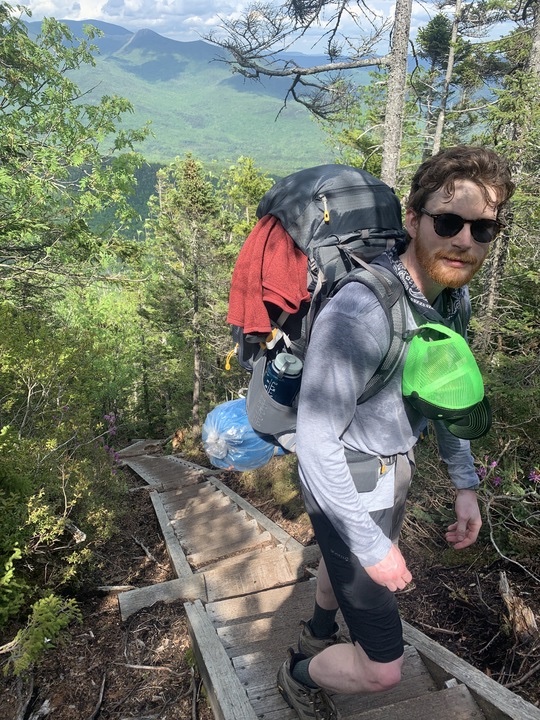
“I remember in high school, people were often surprised that I was interested in STEM and art, but I think they’re super connected and that a lot of engineering is creative.”

“I liked math and science but I also danced very seriously growing up, doing ballet, tap, and jazz. I remember in high school, people were often surprised that I was interested in STEM and art, but I think they’re super connected and that a lot of engineering is creative. Whether literally you’re building something or building a structure in your head for how to visualize a model, it’s all very connected to how you think about art and drawing or sculpting.
“Increasingly it was very clear that physics and engineering was really what I loved to do. And my dad is very into science so he instilled an early interest in that for me. He has a small business that’s at our house and his team makes tools to test reliability, thermal conductivity, and thermal management of electrical components. As I get older, I have realized that being around a lot of circuit boards, working with my dad to build different things, and doing science experiments in the basement, made a lot of science and engineering feel more tractable as an adult. Like when I was little, I would go into the shop and make jewelry out of solder and ribbon cable and then as I got older I wanted to understand what they are and what they do. Participating in that and having someone lead me to see all of the possibilities from a young age was really valuable. I feel like that’s a big barrier for some because you can have so much separation from how things are made or work. So getting that growing up and being like ‘oh I know how to make something’ was special.
“I was very into physics and astronomy in undergrad, then my trajectory sort of slowly changed. After graduating, I wanted something with an impact on the world I was living in, in a more direct way. It felt like a pretty natural transition to engineering from physics and I found solar as a really cool application of physics. I liked being able to go all the way from the fundamental physics of what is happening on a micro level, all the way up to energy going into people’s houses. I was fortunate to work with industry in grad school. I wanted to maintain that and continue working in industry, where it really felt like I was directly connected with renewables getting installed now and less hyper focused on a very small portion of something that’s important in a solar cell.
“As I have been in this world, I increasingly just think energy is super cool. I’m really interested to see, particularly as new technologies come more online, how they will change and shape the way our grid is evolving. I think getting to a higher and higher percentage of renewables and carbon free energy poses a lot of challenges, but they’re really exciting and interesting challenges.
“My big hobbies at the moment are baking and quilting. I’ve always loved the transformative process of baking. As I’ve gotten into baking more complicated things and figured out how to optimize recipes and why certain things make certain things happen, I think it is really interesting. And then you get a treat at the end! Then during Covid, I took a remote quilting class through a fabric store in Cambridge. They did Zoom classes and sent materials. It’s slow, but very fun. Whenever there’s some progress that you see day to day it’s very satisfying.”
Learn about other REsurety employees.
Return to the blog posts main menu.



